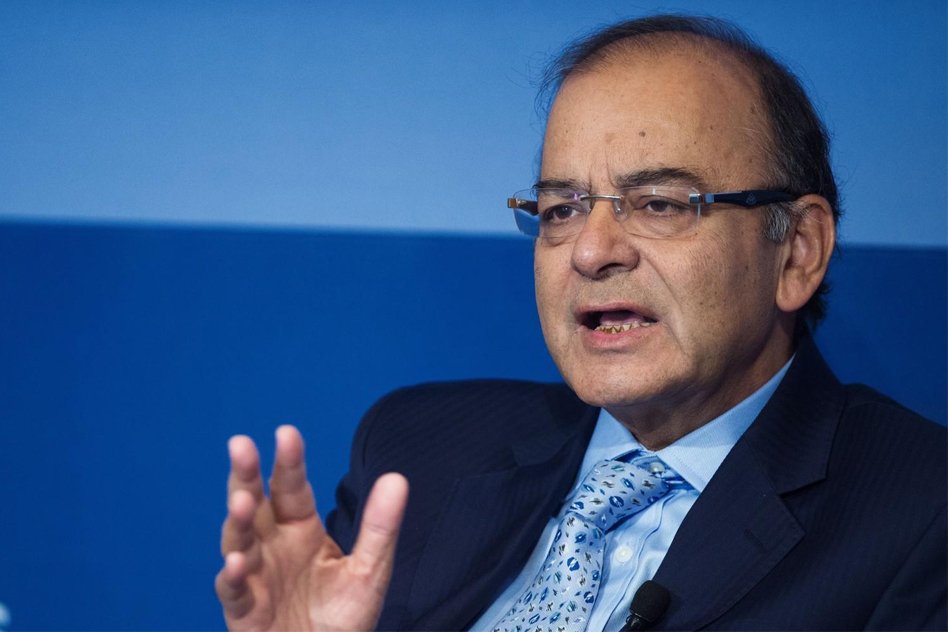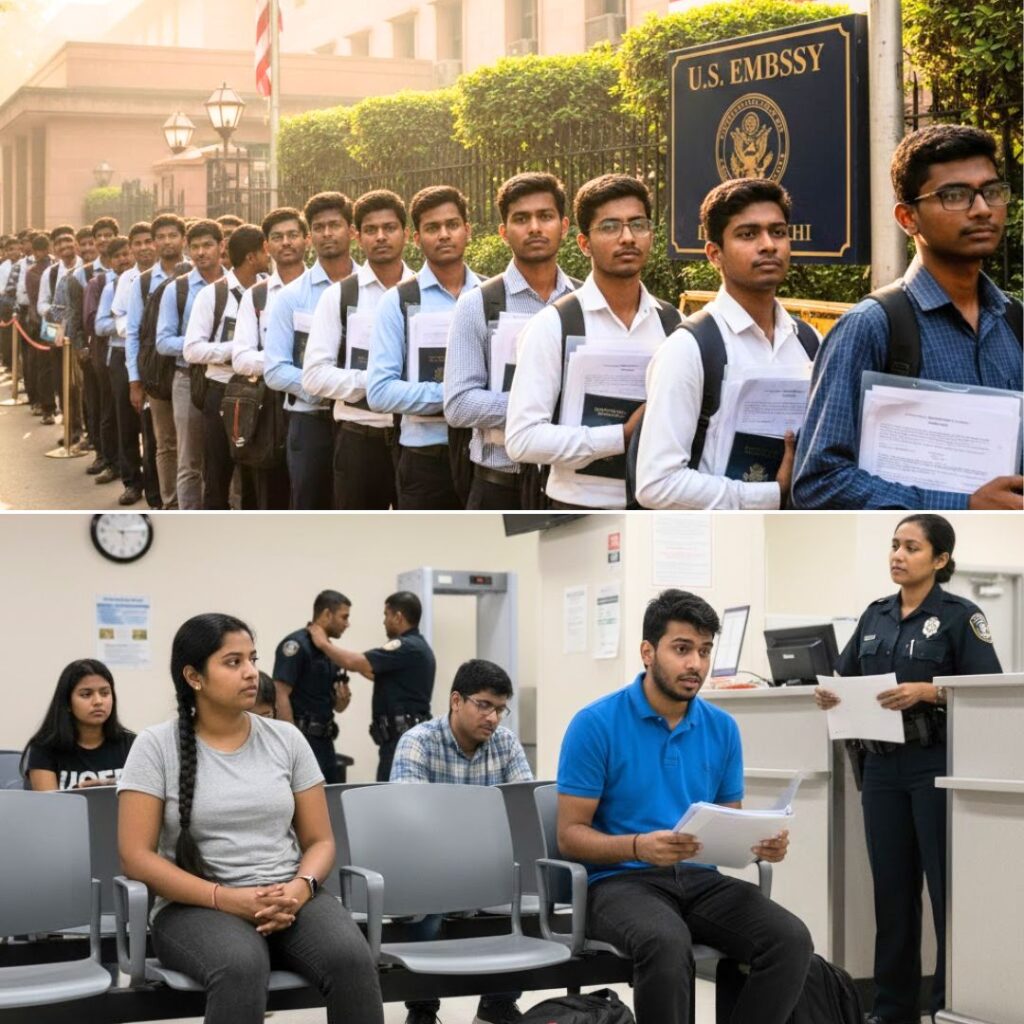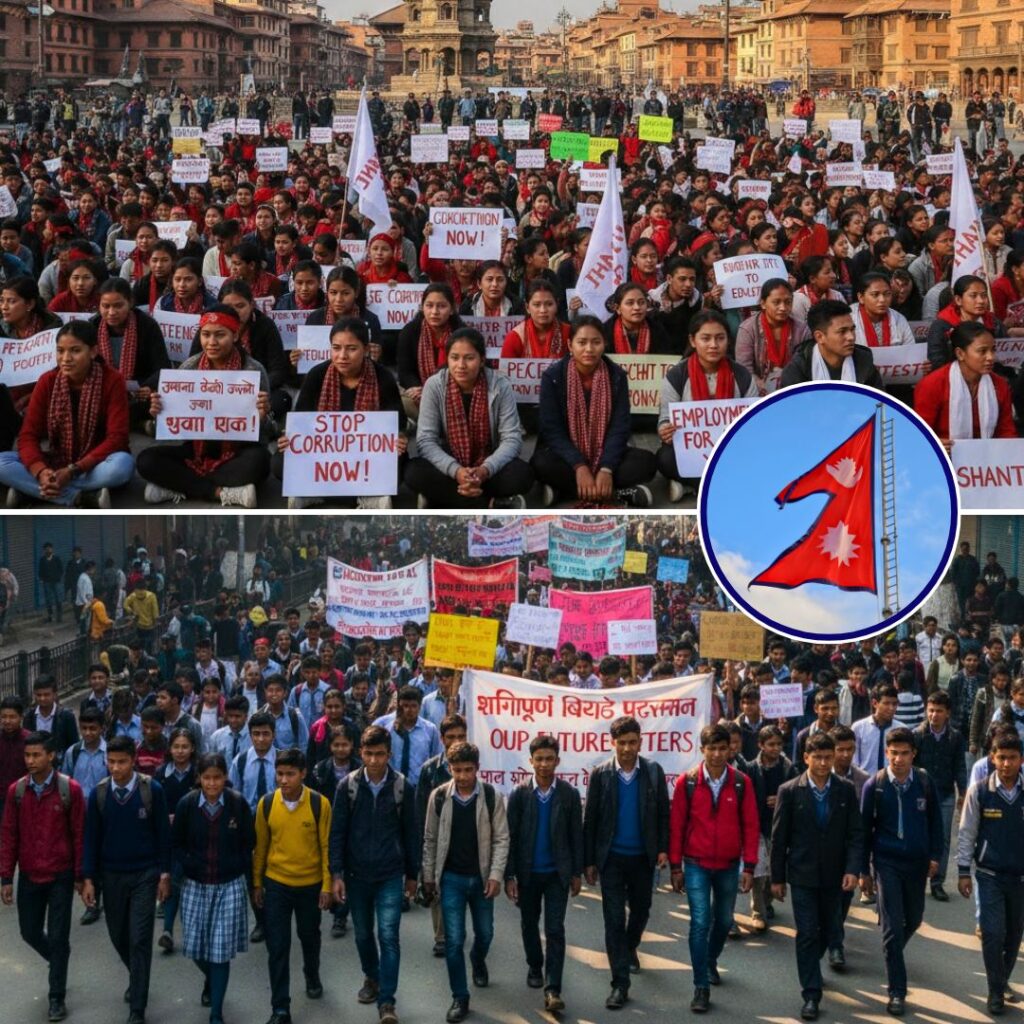Foreign funding of political parties was banned till now Until now, the Foreign Contribution (Regulation) Act, 2010 (FCRA), banned political parties from receiving funds from any foreign source. The original law defines “foreign source” to include any company with a foreign investment of above 50 per cent.
New provision slipped into the budget Under the new definition, so long as the foreign company’s ownership of an Indian entity is within the foreign investment limits prescribed by the government for that sector, the company will be treated as “Indian” for the purposes of the FCRA. Finance Minister Arun Jaitley proposed the amendment to this. He slipped in a hitherto unnoticed clause in the Finance Bill as part of the Union Budget of 2016-17 that he presented on February 29. The amendment is retrospective and will come into effect from 2010 when the FCRA was introduced.
BJP and Congress guilty of receiving foreign funding The Delhi High Court in 2014 had found both the Bharatiya Janata Party (BJP) and the Congress guilty of having accepted foreign donations from the London-based Vedanta Group. It had asked the government and the Election Commission to take action and also sought the home ministry to take action
within six months.The Centre had appealed against the order in the Supreme Court and the matter is now pending there.
What are the implications of this move? Since the amendment is retrospective, this will nullify the illegality that the BJP and Congress committed when they took money from Vedanta. Apart from Vedanta, hundreds of foreign companies – not only from the UK and the United States but also China, the United Arab Emirates or elsewhere – will now be able to make contributions to Indian political parties – and towards “activities of a political nature” by NGOs, and others. The retrospective amendment is bound to generate controversy as many related questions about the foreign funding of political parties are pending in the Supreme Court. This could re-open yet again the nature of political funding from the corporate sector.
Reactions against the move Jagdeep Chhokar of the Association for Democratic Reforms (ADR), the petitioners in the case, termed the government’s move as a “blatant attempt” to save the BJP and the Congress.
What is Foreign Contribution (Regulation) Act 2010? FCRA 2010 regulates the acceptance and utilization of foreign contribution by individuals (or associations or companies) and to prohibit foreign contribution for any activities detrimental to the national interest. The FCRA became a political battleground after the government began tightening the screws on several prominent NGOs for alleged violations of the law. The Home Ministry had sent notices to well-established NGOs funded by the Ford Foundation and Greenpeace to determine whether all necessary clearances under the FCRA law had been duly taken.
The Logical Indian raises its concerns about negative effects that foreign funding to political parties can have. It is hypocritical to welcome foreign funding for political parties who spend their money on campaigns and other miscellaneous costs which barely has any benefits for the society as a whole while blocking the same for NGO who could potentially use it for social causes. Corporate funding of political parties has already strengthened the corporate – politics nexus, the legalizing of foreign funding to political parties who score very less on transparency will be a step towards institutional corruption. We demand an immediate rollback of the clause.











